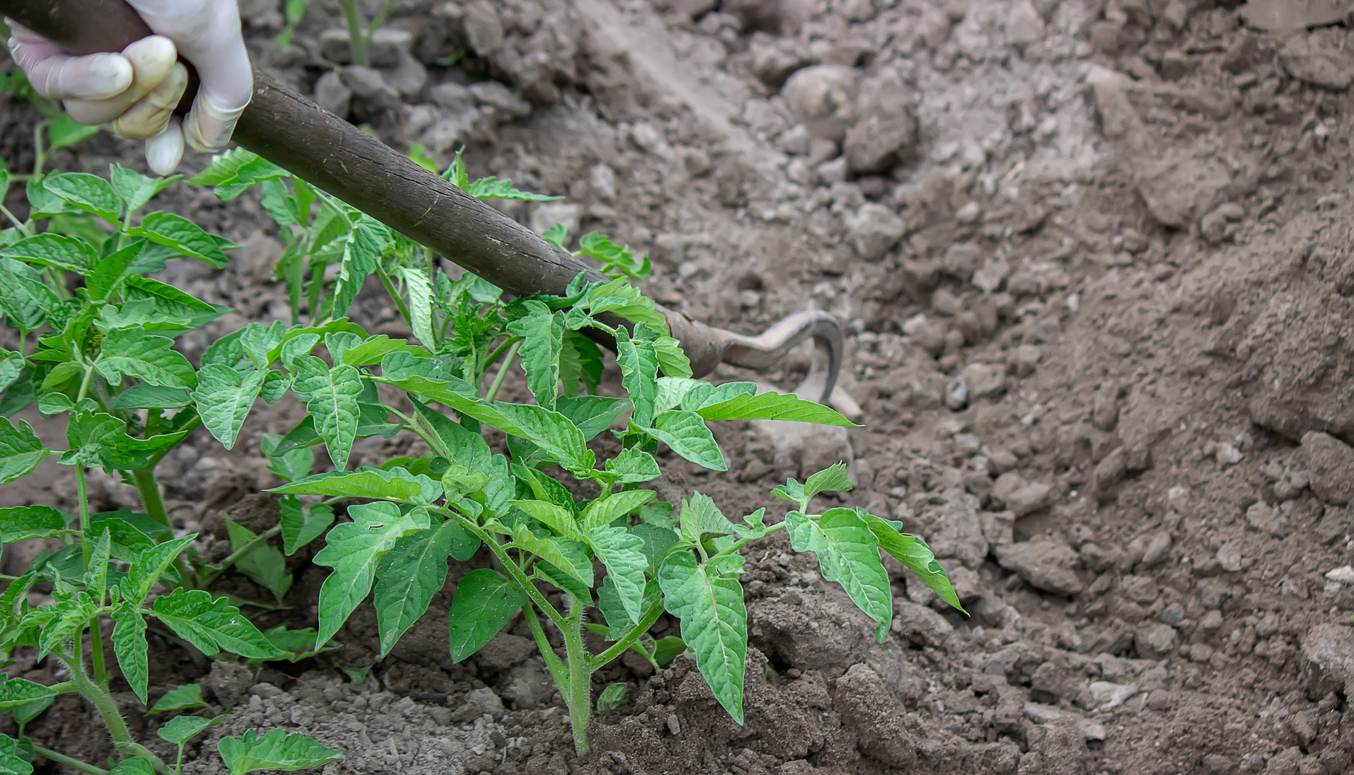Identifying Common Weeds in Nigeria – How to Spot and Manage Them
Identifying Common Weeds in Nigeria – How to Spot and Manage Them
Weeds are unwanted plants that compete with crops for nutrients, water, and sunlight. In Nigeria, several common weeds can affect agricultural productivity if not properly managed. This guide will help you identify and manage these weeds to ensure healthier crops and higher yields.
Common Weeds in Nigeria
1. Speargrass (Imperata cylindrica)
Identification:
- Tall grass with sharp, pointed leaves.
- White, feathery flower heads.
- Extensive root system.
Management:
- Manual removal by uprooting the entire plant, including the roots.
- Use of herbicides like glyphosate for effective control.
- Implement crop rotation and cover cropping to suppress growth.
Sources:
2. Goosegrass (Eleusine indica)
Identification:
- Low-growing grass with flat, tufted leaves.
- Seed heads resemble a goose’s foot.
- Thrives in compacted soil.
Management:
- Regular mowing and tilling to prevent seed production.
- Application of pre-emergent herbicides.
- Improve soil aeration and drainage.
Sources:
3. Waterleaf (Talinum triangulare)
Identification:
- Succulent plant with broad, fleshy leaves.
- Small pink or white flowers.
- Prefers moist environments.
Management:
- Hand weeding to remove young plants.
- Mulching to prevent seed germination.
- Use of selective herbicides for broadleaf weeds.
Sources:
4. Nutgrass (Cyperus rotundus)
Identification:
- Grass-like plant with triangular stems.
- Produces small, nut-like tubers underground.
- Dark green leaves and brownish flower spikes.
Management:
- Manual removal, ensuring tubers are also removed.
- Use of systemic herbicides that target the roots.
- Frequent monitoring and removal of new growth.
Sources:
5. Sida (Sida acuta)
Identification:
- Woody perennial with lance-shaped leaves.
- Yellow flowers with five petals.
- Forms dense thickets.
Management:
- Mechanical control by cutting and uprooting.
- Application of broad-spectrum herbicides.
- Maintaining a dense cover crop to outcompete the weed.
Sources:
Strategies for Effective Weed Management
- Cultural Practices:
- Crop rotation and intercropping can reduce weed infestation.
- Mulching helps suppress weed growth by blocking sunlight.
- Proper field sanitation to remove weed seeds and plant debris.
- Mechanical Control:
- Regular hand weeding and hoeing.
- Use of mechanical weeders and tillers for larger fields.
- Chemical Control:
- Use of pre-emergent and post-emergent herbicides.
- Ensure correct application rates and timing for maximum effectiveness.
- Biological Control:
- Introduction of natural predators or pathogens that target specific weeds.
- Encouraging biodiversity to naturally suppress weed growth.
Conclusion
Managing weeds in Nigeria requires a combination of identification, monitoring, and employing effective control strategies. By understanding the common weeds and their management techniques, farmers can improve crop health and yields. For high-quality agricultural raw materials and more information on weed control, visit Wigmore Wholesale – Agriculture Raw Materials.








LEAVE A COMMENT
You must be logged in to post a comment.